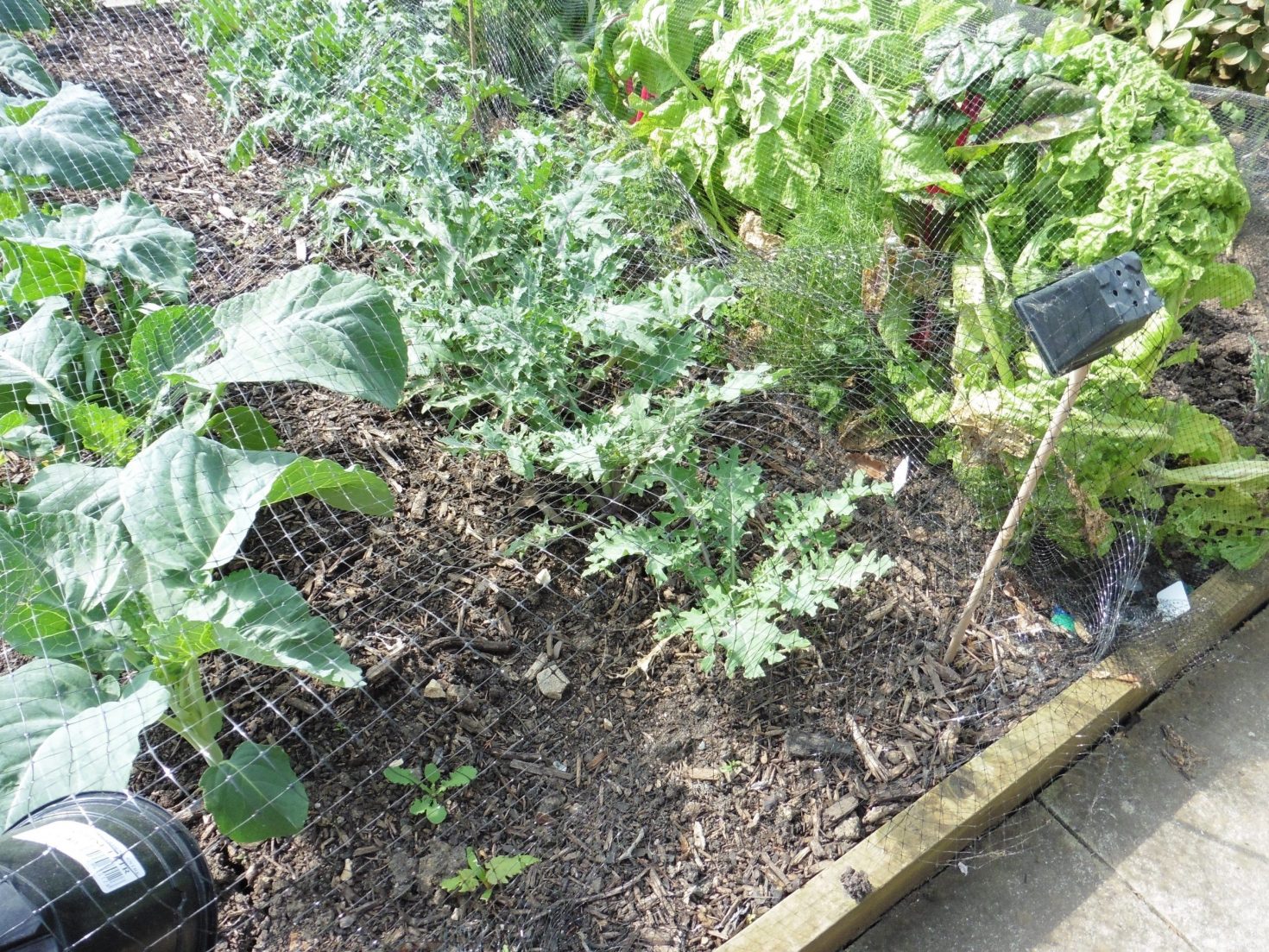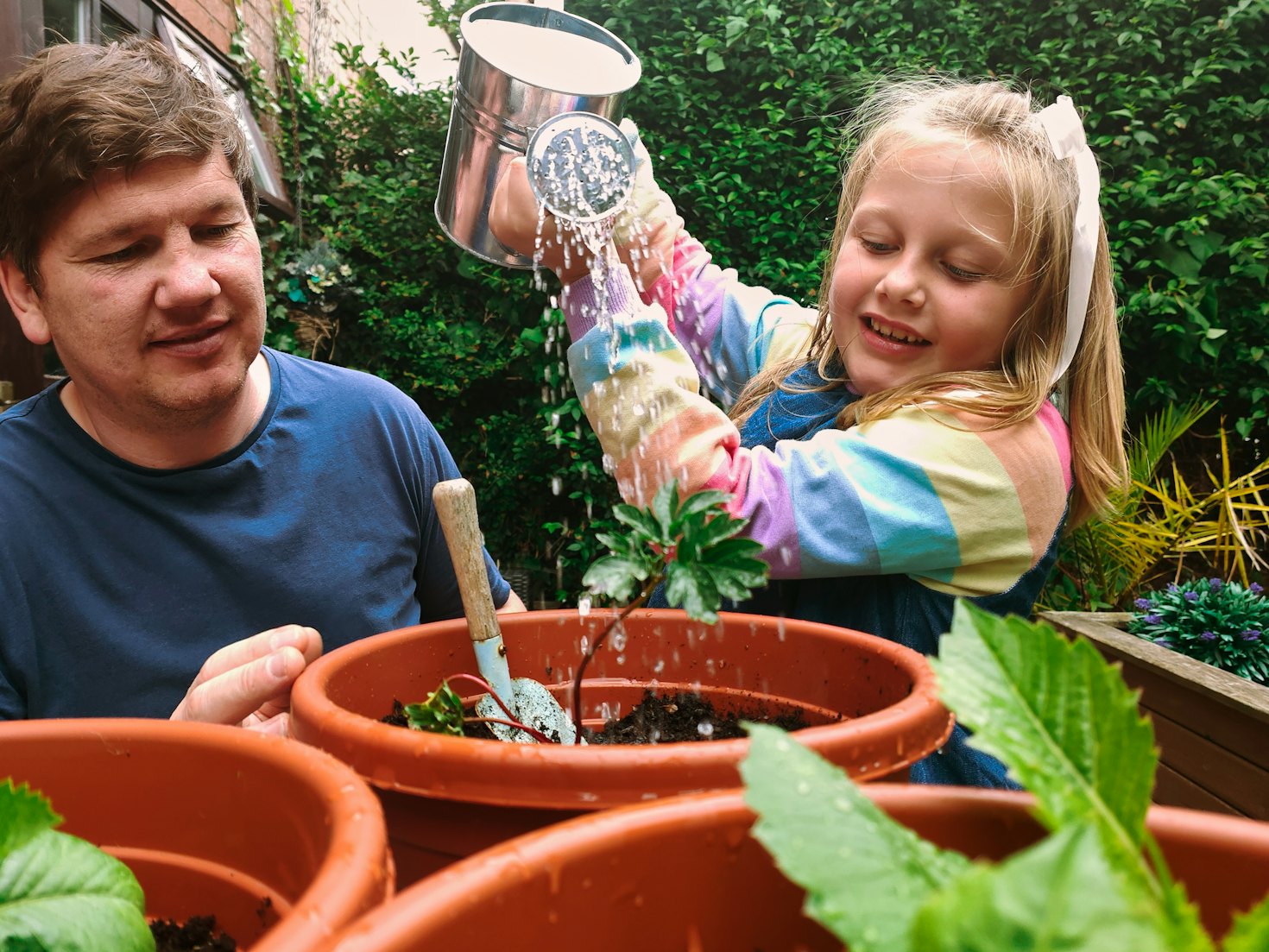Fantastic to see the RHS “Space to grow: realising the potential of the community gardening movement” report which came out in October and how it highlights the importance of community gardening especially in urban areas” Community gardening in the UK has grown and evolved over time… Community gardening groups come in many shapes and sizes, such as allotments, health centre gardens, school gardens and even shared containers on streets and shared spaces in housing developments. Of those surveyed, 76% are located in urban areas, while the remaining 24% in rural settings.” The report notes “… the top motivation for community gardening groups is bringing the community together – in 85% of cases. This is followed by benefitting participants’ physical and mental wellbeing, encouraging enjoyment of gardening, improving biodiversity and wildlife habitats and creating cleaner, greener or more attractive surroundings.” And continues ” … community gardens are helping us tackle some of the biggest issues of our time, particularly in policy areas that have long been priorities for government: improving people’s health and wellbeing, fostering place-based community cohesion, increasing access to nature and delivering on environmental targets. The body of research pointing to the benefits and impacts of community gardening continues to grow.” I could not agree more! So whether you are engaged in delivering biodiversity gain, or improving health or diet, food kitchens, reducing food waste and composting, or working with mental wellbeing or increasing access to nature, community food growing does this for you! While doing the same for your colleagues in other departments. For Local Government the report states Recommendations for local government
1) Create a local strategy for community gardening
Taking a strategic approach to supporting community gardening would help local authorities and regional mayoralties to deliver against their policy priorities for local residents – including improving health and wellbeing, uniting communities, developing a strong sense of place, restoring nature and delivering on climate-related goals.
Some local authorities have recognised the impact supporting community gardening can have in their areas and are already leading the way with their own strategic approaches to supporting local growing. Southwark Council has appointed two Community Gardening Coordinators to support a network of local community gardens; Greater Manchester Combined Authority has invested millions through its Green Spaces Fund, and East Suffolk’s ‘Field to Fork’ scheme is helping communities grow their own food.
These forward-thinking initiatives highlight the potential of taking a strategic approach to supporting local community gardening.
2) Use the Right to Grow to deliver against local policy priorities Incredible Edible’s Right to Grow campaign urges local authorities to make it easier to identify and access public land suitable for community growing or wildlife projects. It also calls for a simpler process for groups to secure free leases to cultivate the land, and for those groups to have the opportunity to bid if the land is put up for sale.
Right to Grow offers a tangible opportunity for local authorities to deliver on their policy priorities in areas such as wellbeing and social cohesion by supporting local people to grow in their communities. In addition, by enabling community groups to take over underused public spaces, councils could save maintenance costs – which could be repurposed to directly support community growing.
Recommendation:
Local authorities should consider how creating a local strategy for community gardening, or incorporating community gardening into existing strategies, could help them deliver their policy priorities for local residents.
Recommendation:
Local authorities should consider how they could deliver on their policy priorities and ‘green the grey’ by adopting Right to Grow.
The Right to Grow campaign has captured national political attention and continues to build momentum at a local level, with six local authorities adopting Right to Grow to date – including Hull and Bury. The more local authorities that adopt Right to Grow, the more barriers will be dismantled for community growers trying to access land and the more councils will be able to utilise the power of the community gardening movement to help them deliver their policy priorities.”
https://www.rhs.org.uk/get-involved/community-gardening/spacetogrow







